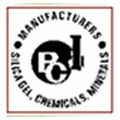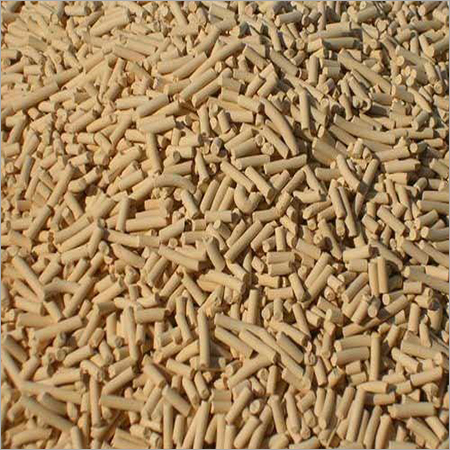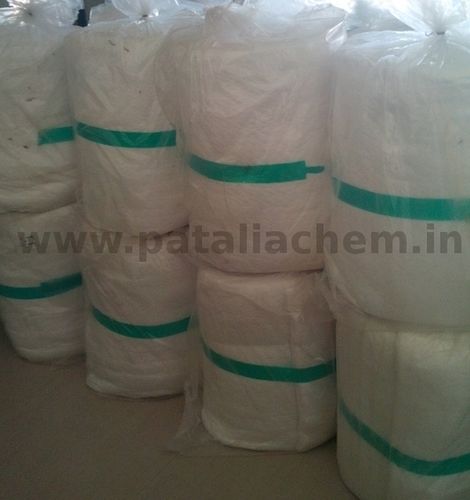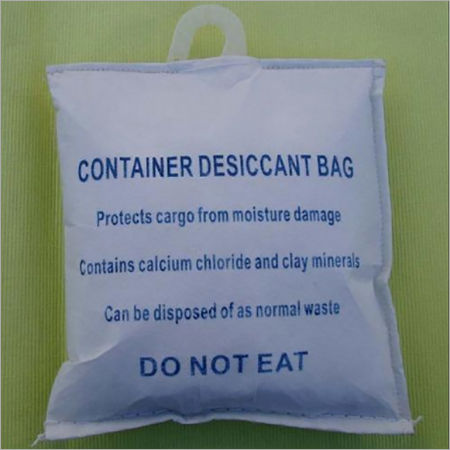Synthetic Molecular Sieves
Product Details:
X
Product Description
Synthetic Molecular Sieves are highly versatile adsorbents used in various industries for their exceptional adsorption and separation capabilities.
Frequently asked questions :
Q: What are Synthetic Molecular Sieves?
A: Synthetic Molecular Sieves are crystalline materials with a highly porous structure and uniform-sized pores. They are synthetically manufactured using precise techniques, allowing for controlled pore sizes and tailored adsorption properties. These sieves are widely employed for selective adsorption and separation of molecules.
Q: How do Synthetic Molecular Sieves work?
A: Synthetic Molecular Sieves work through the process of adsorption. The pore structure of the sieves acts as molecular filters, selectively attracting and trapping molecules based on their size, shape, and polarity. This enables them to remove impurities, separate mixtures, and control the composition of fluids or gases.
Q: Where are Synthetic Molecular Sieves used?
A: Synthetic Molecular Sieves find applications in numerous industries, including petrochemicals, oil refining, gas processing, pharmaceuticals, and environmental remediation. They are commonly used for gas drying, removal of volatile organic compounds (VOCs), separation of specific molecules, and purification of liquids.
Q: What are the advantages of using Synthetic Molecular Sieves?
A: Synthetic Molecular Sieves offer several advantages, including high selectivity, large surface area, excellent thermal and chemical stability, and precise control over adsorption and separation processes. They can effectively remove moisture, hydrocarbons, and other impurities, resulting in improved product quality and process efficiency.
Q: Can Synthetic Molecular Sieves be regenerated?
A: Yes, Synthetic Molecular Sieves can be regenerated for repeated use. The adsorbed molecules can be desorbed by applying heat or reducing the pressure, allowing the sieves to regain their adsorption capacity. The regeneration process depends on the specific type of molecular sieve and the nature of the adsorbed molecules.
Enter Buying Requirement Details






